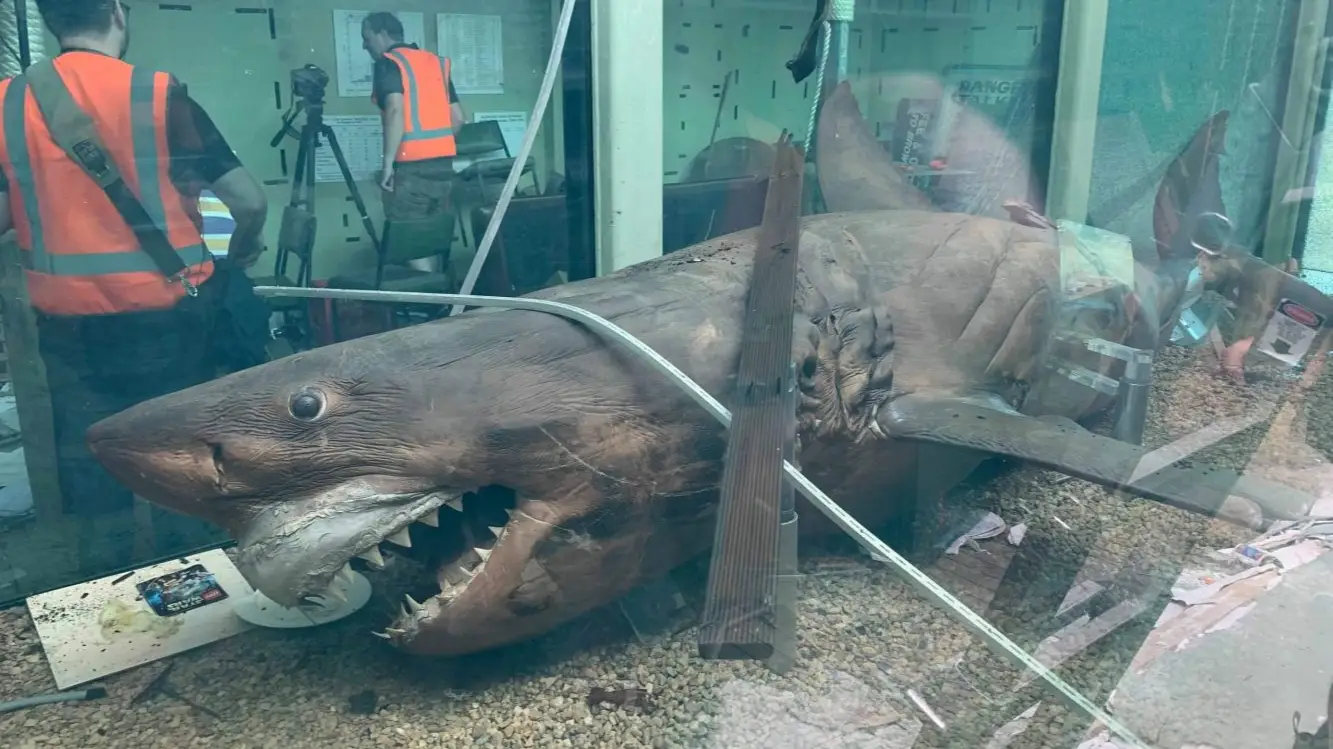

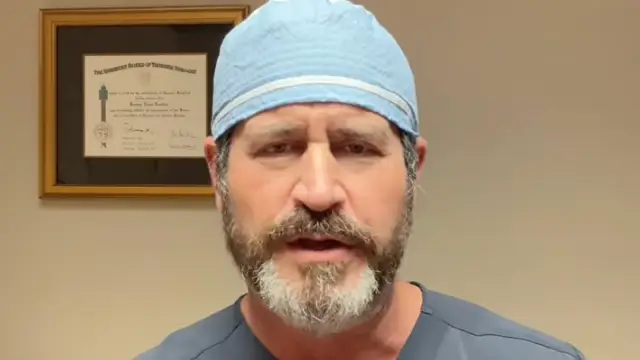
He said most people have 'no idea' they've got it

Tiffany Score and Steven Mills feel a 'moral obligation' for their daughter to be reunited with her genetic parents
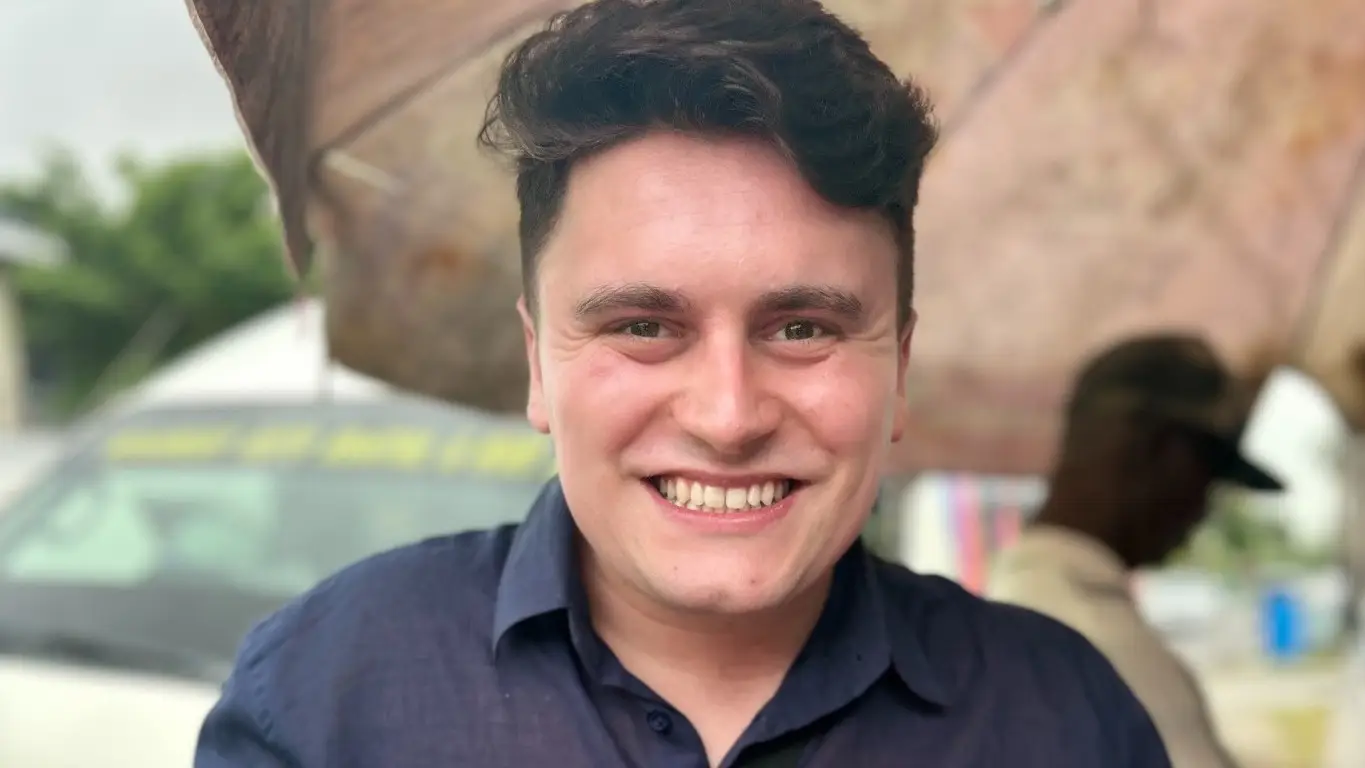
The family of a 23-year-old have asked for help

There are websites where you can bet money on global developments

Ian Huntley is serving life in prison for the 2002 murder of Holly Wells and Jessica Chapman

Tourists are being warned following air strikes in Dubai and cancelled flights

President Trump called Ayatollah Ali Khamenei 'one of the most evil people in history'

A content creator documented what he experienced while taking the supplement
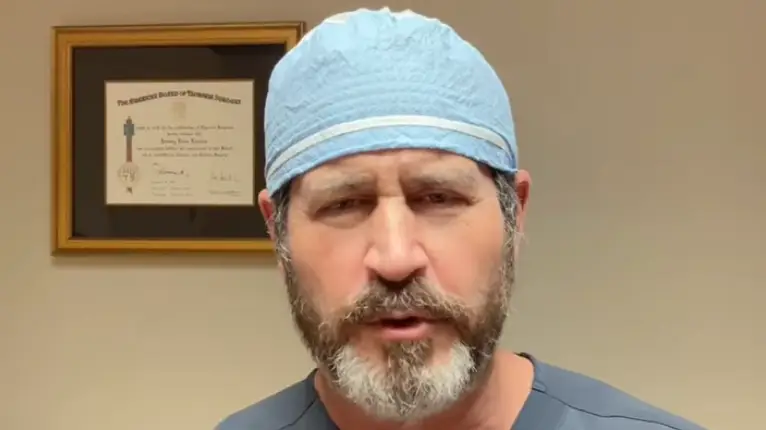
This habit could undo all of the hard work from the rest of your health journey

The common eye-related phenomenon has been explained

He's bet against the bubble and stands by it

You could end up doing yourself some damage

He noticed a boost both physically and mentally
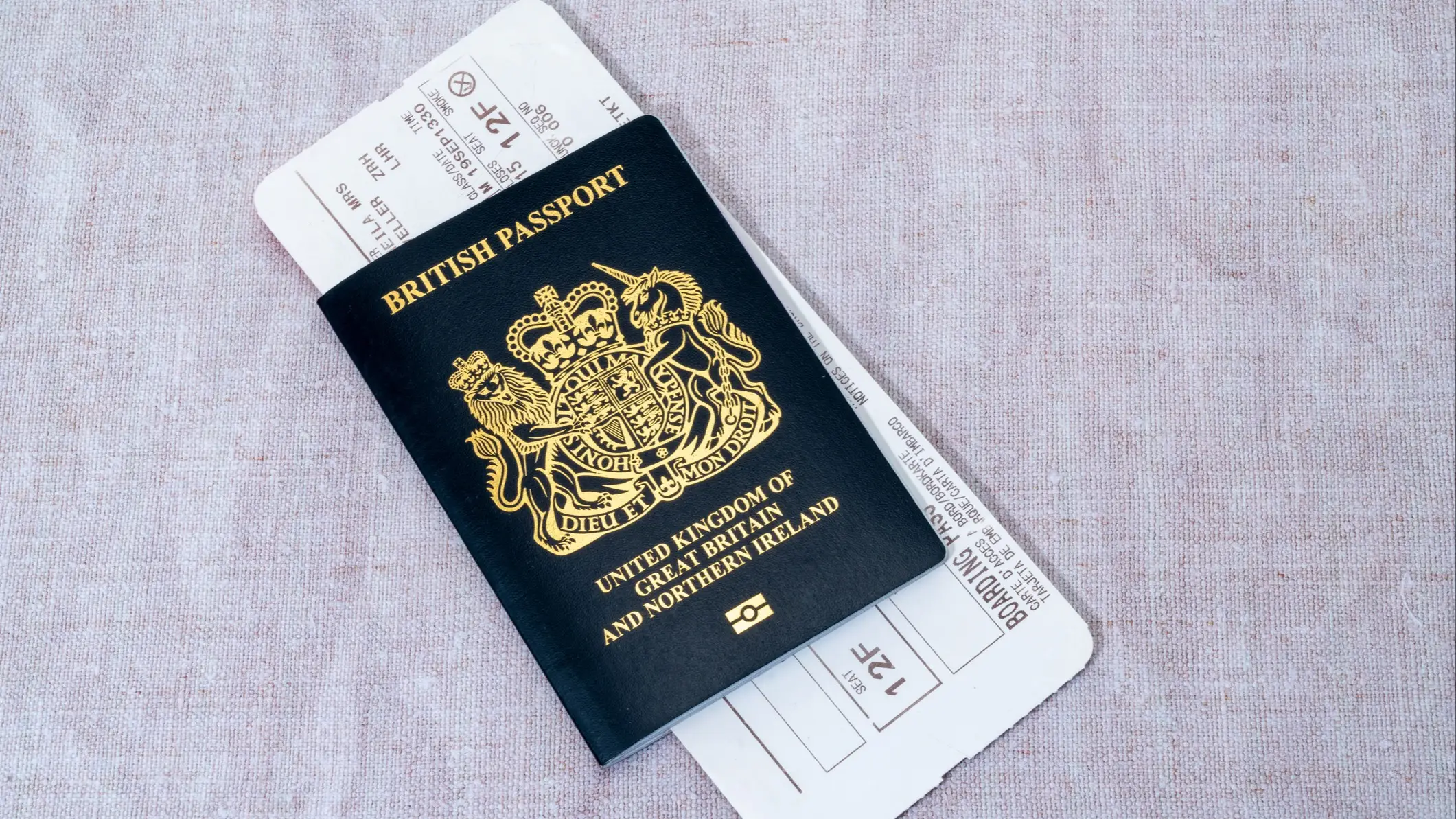
The UK government has warned Brits in the region to 'immediately shelter in place'

The former US president said he'd done 'nothing wrong'

No wonder it's so popular as a hangover food
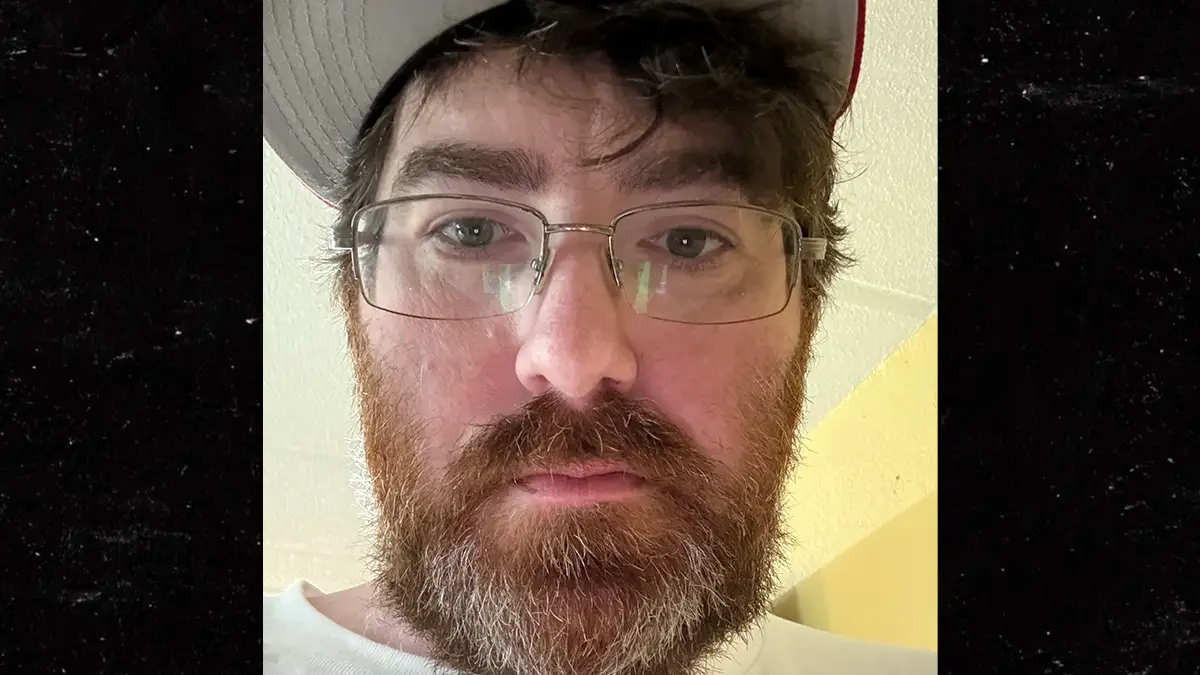
Michael Phillips believes he has the smallest todger out there

These cosmic events don't come around often

Trump confirmed that Iran's missile industry would be 'obliterated'

He was allegedly struck with a spiked metal pole

He said the US and Israel would 'raze their missile industry to the ground'
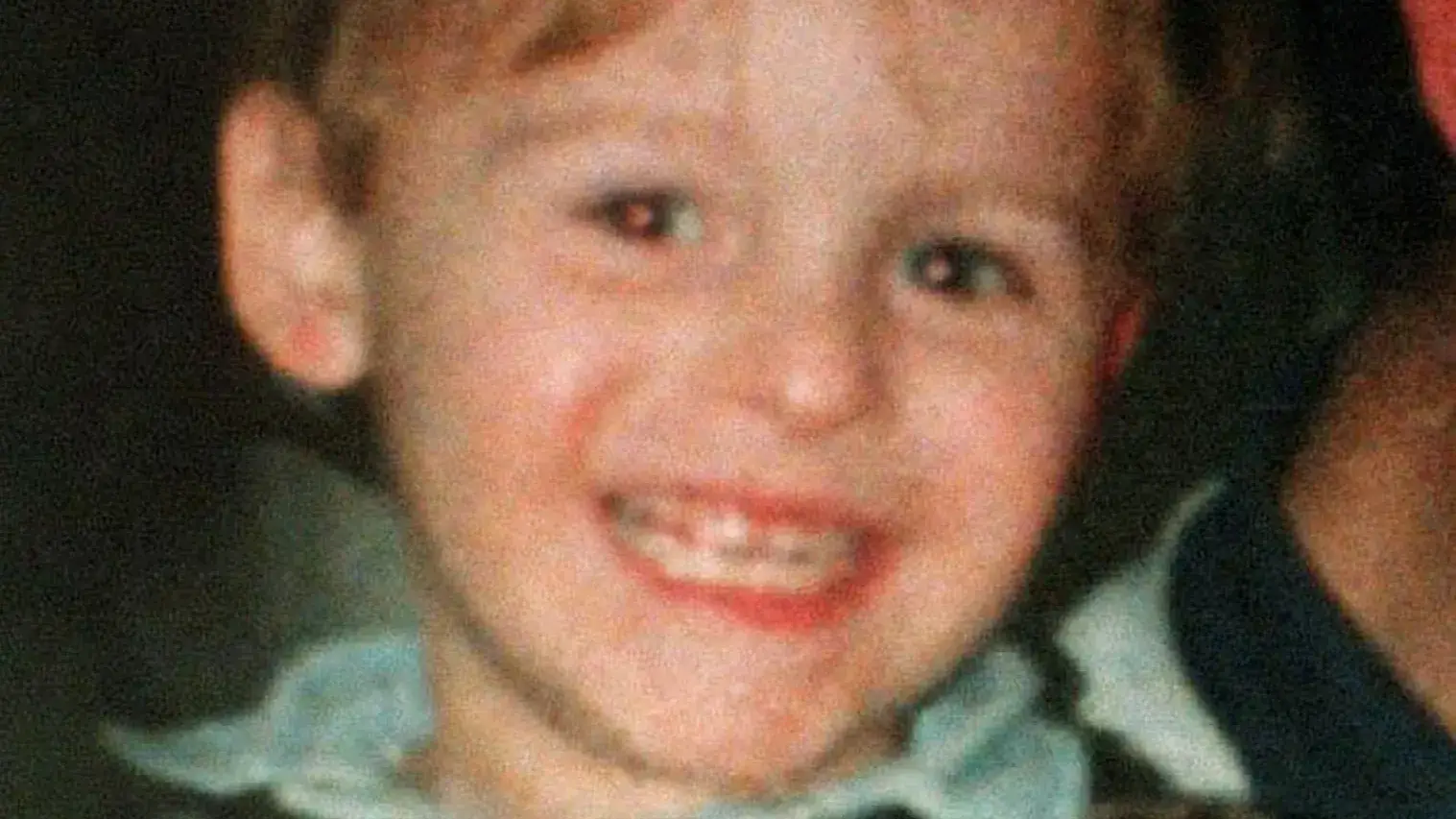
Merseyside police has since launched an investigation into the incident
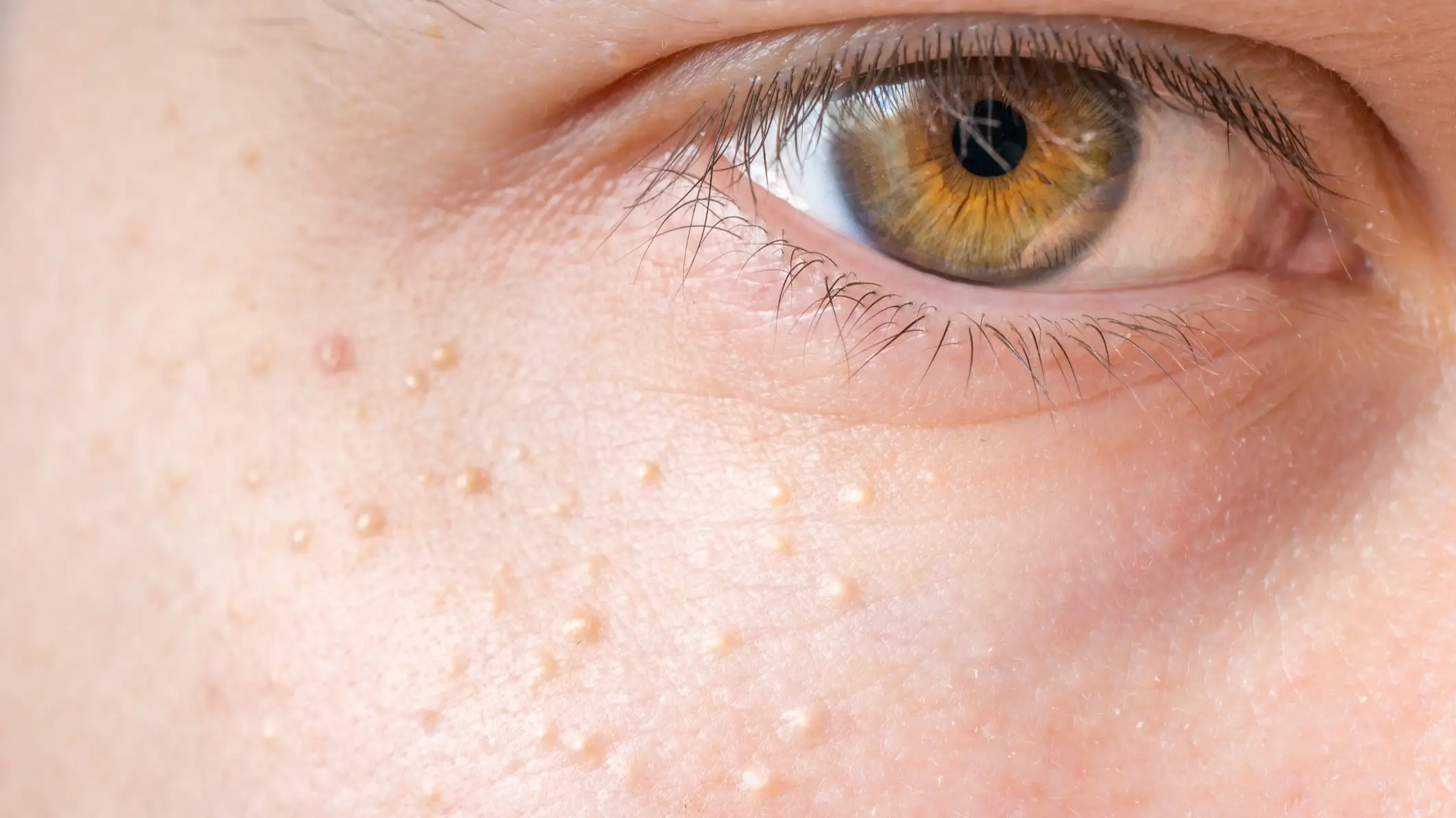
If you're reading this you've probably had a breakout




